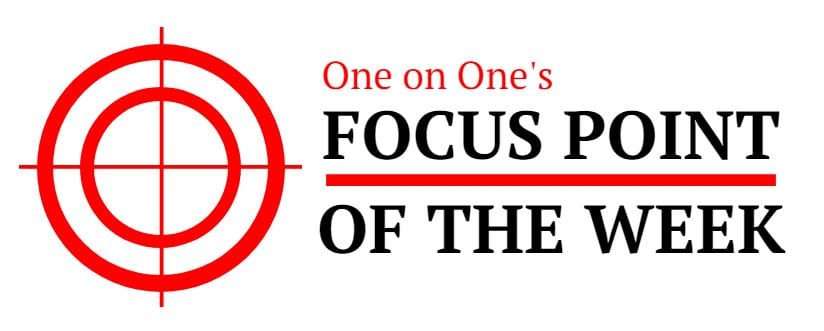
By Bruce Burke
Last Updated: 6/8/25
How to Take Inventory of Your Habits and Stay on Track with your Goals
What Is Inventory Taking?
Taking inventory of your habits is the act of stepping back and formally evaluating your behaviors and strategies in all areas of life, including health, relationships, and career. It is a proactive process that helps you determine whether you are truly on track to reach your goals. When done consistently, it gives you the opportunity to celebrate your successes and make timely course corrections. This helps you avoid falling into the trap of assumptions, dwindling motivation, or unproductive habits like procrastination.
How Do You Take Inventory?
Start by asking yourself purposeful questions that reflect the specific strategies you have put in place to achieve your goals.
If your goal is to earn a raise at work, ask yourself:
- Do I clearly understand what management expects of me?
- Do I have the tools and support I need to succeed?
- Am I consistently meeting the expectations that have been laid out?
If your goal is to make your health a top priority, ask:
- Is my strategy well-defined and realistic?
- Am I consistently implementing this strategy, or are familiar roadblocks getting in my way?
- Do I have the tools to succeed?
These questions are only effective if you are willing to answer them honestly. If you uncover a problem, do not stop there. Take the time to identify what is getting in your way and adjust your approach. And when everything appears to be going well, there is still one final and important question to ask:
“How do I know?”
The answer often requires input from someone else. Seeking feedback from a coach, colleague, or trusted peer helps you see what you might have missed and gives you the clarity needed to keep moving forward with confidence.
The Importance of Communication
Asking for feedback helps prevent some of the most common mistakes in the inventory process. Making assumptions, setting the bar too low, or simply not knowing what you do not know can all undermine your progress. For example, you might believe you are meeting expectations at work, but unless you have actually asked for input, you cannot be sure. A conversation with the right person can either affirm your progress or bring important opportunities for improvement to light. Either way, you gain valuable insight and direction.
Be Proactive and Consistent
Take inventory as often as necessary to stay on track. Weekly check-ins work well when you are actively pursuing a goal. As you experience consistent success, you can shift to monthly or quarterly reviews. This process does not need to take a lot of time. In reality, you are already investing energy in these areas of life. The key difference is whether you are taking control of that energy in a proactive way or simply reacting to problems as they arise.
Make the time. When you regularly inventory your behavior and progress, you stay focused, intentional, and in control of your outcomes.




